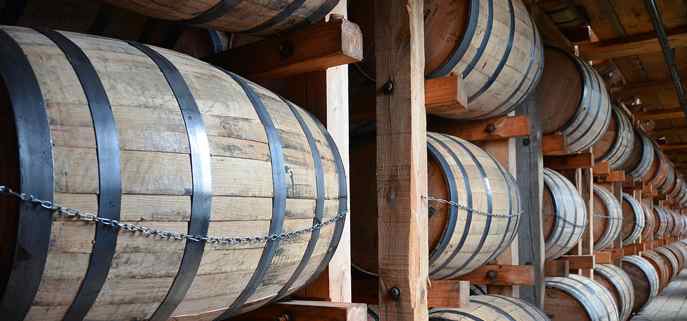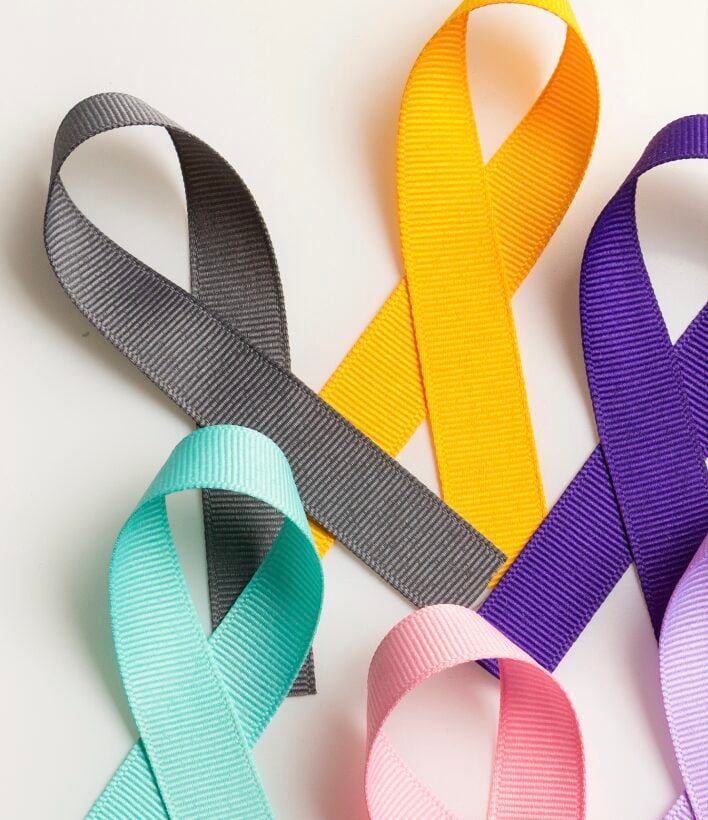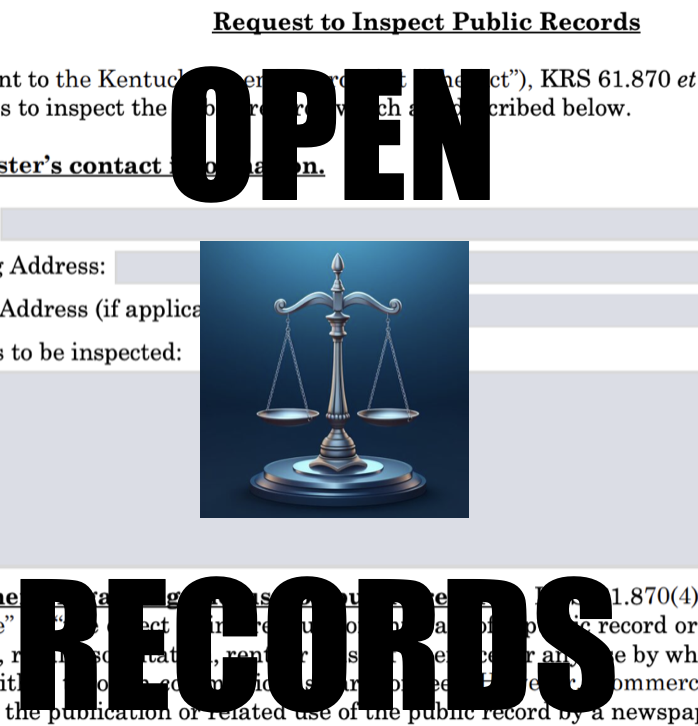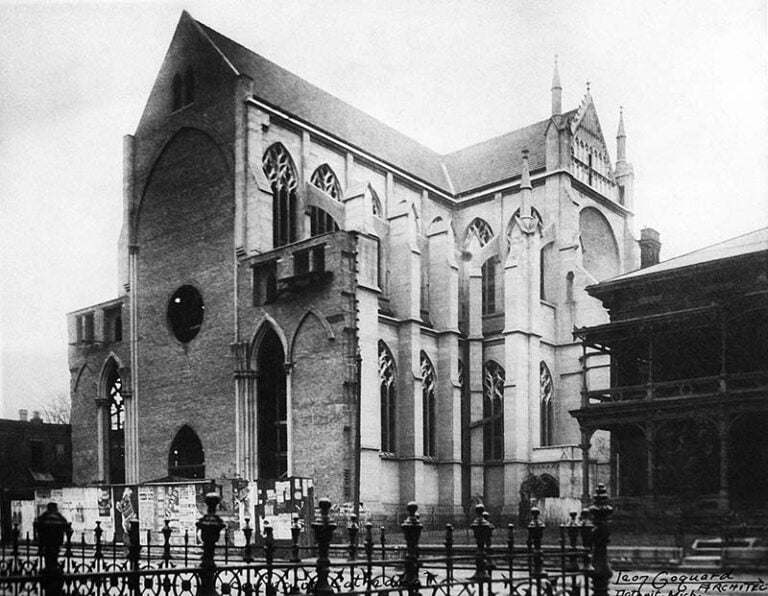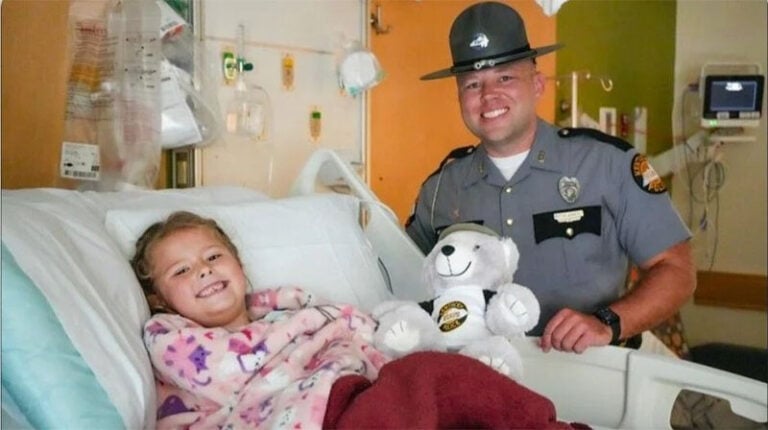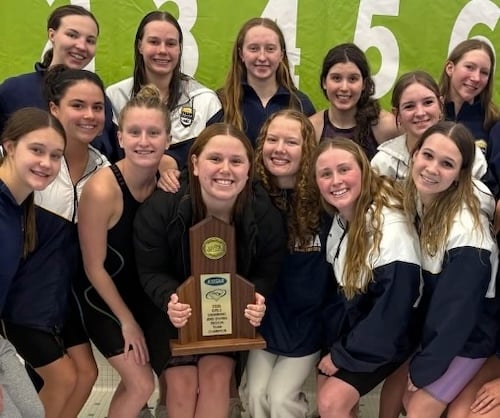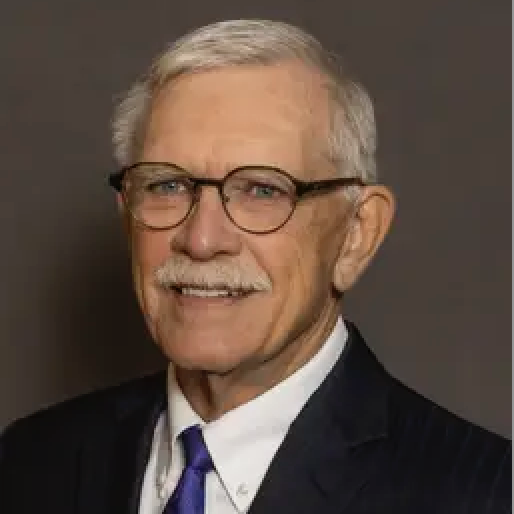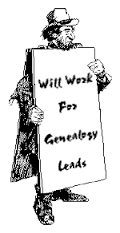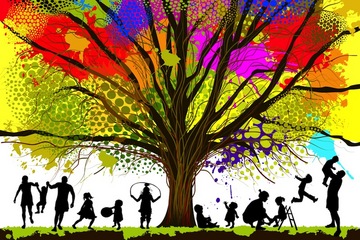
First of a two-part series.
Hello. My name is Lyn. I’m a genealogy freak.
I’ve been addicted for quite some time. I suppressed it most of my life, busy with work and no Internet, but I’ve recently retired. Now that I have, things haven’t slowed down, they’ve slammed to a complete stop. I’m desperate to keep busy. Lately it’s been getting out of control. I’m trolling genealogy websites, message boards, collecting the birth, death and marriage certificates, census reports, copies of wills, military pensions, land grants, tax rolls of my ancestors, all of which I’m storing in a plethora of folders on my desktop. I had a chance before the Internet, but now I’m hooked.
I’ve got all my lines back at least six generations except for two, one of which I don’t care about – I’m mad at him. He was an AWOL Confederate who hung around long enough to get my second great-grandmother pregnant, then left to go back to his wife and kids in Tennessee, after the war. (If you think it’s hard being a single mother now, you should try it in the mountains in 1865).
The other was a Union soldier, supposed to be the child of a man with four wives – until DNA proved otherwise. Considering his CW muster description, 5-feet, nine-inches tall, black hair and eyes, dark skin, I’d say his pa was one of the Natives in the tribe that lived close by in Clay County, but I have no clue who. He married, they had babies, he volunteered for the Union, and then deserted. Might have been due to the loss of his wife (leaving three children alone). Went back to war only to be jailed for desertion. Was reinstated, but a hard way to go, all around.
I’ve got lines going back eight or nine generations. European, a little further.
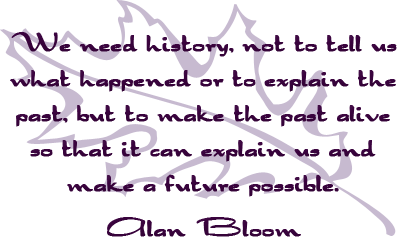
I digress. I’ve got this thing where “I have to know.” If I don’t know, I have to find out, and that’s what’s so addicting about genealogy. It’s the hunt – searching for, and then plowing through, all that documentation, most in handwriting you can hardly read, to find that one gold nugget that ties it all together, that final piece to that big genealogical jigsaw puzzle. With every find, you are one step closer to further understanding something basic about yourself, your family, your history.
It’s often been said that those who don’t remember the past are doomed to repeat it in the future. The Bible warns sins of the fathers will fall upon the child. So many social issues now revolve around our past, it becomes even more important to me to understand what happened before – the real story. Can knowing what my ancestors did to make things the way they are help me know what I need to do, to makes things better? The more I travel through their pasts, the more it defines my future.
I am amazed how much I missed in school. How much different it would have been had we done this in history class. Not the Cynthiana where I worked for years, but the place where John Hunt Morgan’s raiders chased my Union second great-grandfather 15 miles through the Licking River, only to be captured close to where I now live. Teachers, take note. Parents, now is the time to involve your kids. Teach them to search, ask for the stories, learn their heritage.
As I go through records, I learn interesting tidbits. One great-great-grandmother divorced her husband on the basis of cruelty. Wow, that was pretty unusual for the 1800s. Then, women had no rights. In the wilds of Eastern Kentucky, few women had a choice of careers outside of marriage. Marriage was a real necessity and commitment, based on two people with their family doing their utmost to survive in a troublesome land.
Often women were “married off,” maybe a cow, hog or donkey changing hands in the process. Lack of birth control and personal rights kept women “barefoot and pregnant,” dependent on their husbands and family for survival. Children, in some ways, were more valuable as farm hands. For a woman to leave her husband, she would have had to be fairly certain she could survive. My great-great-granny had her son, which was an easy out for her, and I’m glad she took it. Nobody should have to live that way.
To marry at all took paying a bond. Fifty bucks, (worth about $1,390 nowadays), in most cases, paid to the county clerk. This bond was ensured against future generations. Can you imagine being responsible for paying off a bond for your parents to marry.
There’s a great photo I have of my grandmother slaughtering a hog. When I got her marriage certificate, I realized with a shock, she had married at 15 and had my mother less than a year later. She would have 11 more children and adopt one, most of whom lived hard lives and died untimely deaths. She made a home out of a building that closely resembles the run-in shed I built for my horse, with the exception of an extra wall, door, window, chimney and floor. Yet she was known as “lawyer Thelma,” for her layman’s knowledge of the law (and how to get her sons out of trouble). Her piercing blue eyes took no prisoners.
This has come as a big shock to me – that as this world gets bigger and more frantic, and as I get older, I need to know more of who I am. One would have thought, reaching this age, you’d know all you needed, but you know what? You don’t. At least I don’t. It’s embarrassing how much I don’t know, don’t understand. There’s this constant remodeling that comes with age. What is my place now in this world, this country, this state, my community? How do I feel about these social issues burning at my doors? I’m not sure I know.
Is the answer in the past? Can the Europeans be forgiven for coming to the shores of “Turtle Island?” Did they have some cosmic right to flee oppression on their shores, only to wreak havoc on the inhabitants of the “new” world they found? Were members of my family the usurpers, who came from another world and laid waste to a Native population, taking their land and decimating their culture? Or were members of my family here to meet them, to fight to preserve their land and their way of life?
Were members of my family those who bought and sold slaves and inflicted untold pain and indignities on them, or were others slaves themselves, abused and passed around like chattel with no rights or voice in their own affairs? If the answer is “both,” and it is, who does that make me? Must I now validate one ancestor’s actions by means of the fact they are my family and therefore I must defend them? Because family sticks together… We fight for what we believe in, but what if what we believe in is wrong?
For anybody scared of Alzheimer disease, real genealogy research keeps your brain working and thinking critically. There’s none of this “go on the genealogy sites and copy someone’s pedigree,” which is done all the time by amateurs. A real genealogy quest will school you pretty quickly, teach you some much needed methodology. The main guideline, does it make sense? Is it reasonable a 100-year-old man would marry a 30-year-old woman and have babies?
And just so you know, those little green leaves they talk about on TV? Might just lead you to an undocumented pedigree. In other words, they might not mean anything at all. Just because your last name is Bowling, (or Bowlin, or Bolling, or Bollin, or Bolin), it doesn’t not mean you descend from Pocahontas. You might be one of those “Blue” Bowlings. (The “Red” Bowlings are Pocahontas descendants, the “White” ones are from the white side of the family, and the “Blue” ones just show up out of the blue!)
There might be a hundred pedigrees for one person on a genealogy site, all claiming each other as sources, but with no real, black and white documents. That doesn’t fly. “Consider the source!” my old journalism professor McCauley intones out of the past. What does fly is constant searching, constant digging, finding what tools are available and learning how to use them.
Censuses, for example, put your ancestor with other people in a certain place and time, and also give you great hints as to whom their neighbors were (a lot of times older family members). Death certificates throughout a family might give you a heads up what to watch out for in your own health, such as a history of heart or lung problems, or “sugar.”
One of my great-great-grandfathers had epilepsy after the Civil War. A great-great-grandmother died churning her butter (heart). Her father, ironically a huge horse lover, was thrown from his horse, broke his leg and died of gangrene. One grandfather got Alzheimer disease. Another had a stroke. My other grandmother, at 85, would routinely stand up, quietly walk out of the house and go looking for her cow at three in the afternoon, much to the distress of my aunt, who would suddenly miss her and have to go looking for her. The cow had passed on many years before.
Tomorrow, I will share some insights from my experience and resources to get you started pursuing your heritage.
Lyn Hacker is a Lexington native raised by Appalachian parents to be not only educated but proficient in the living arts – working very hard, playing music, growing gardens, hog farming, orchard management and beekeeping. The UK graduate has been a newspaper staff writer and production manager, a photography lab manager, a Thoroughbred statistics manager, a Bluegrass singer and songwriter, a registered respiratory therapist, a farmer, a Standardbred horsewoman, a Red Barn Radio promoter and a beekeeper. She lives on a farm in Sadieville.







